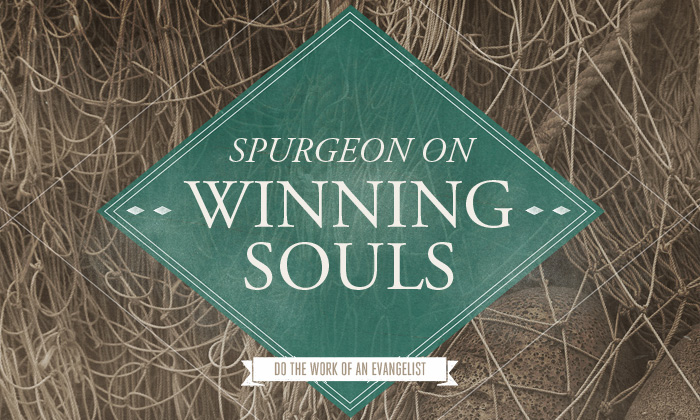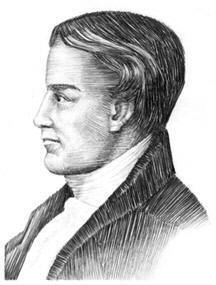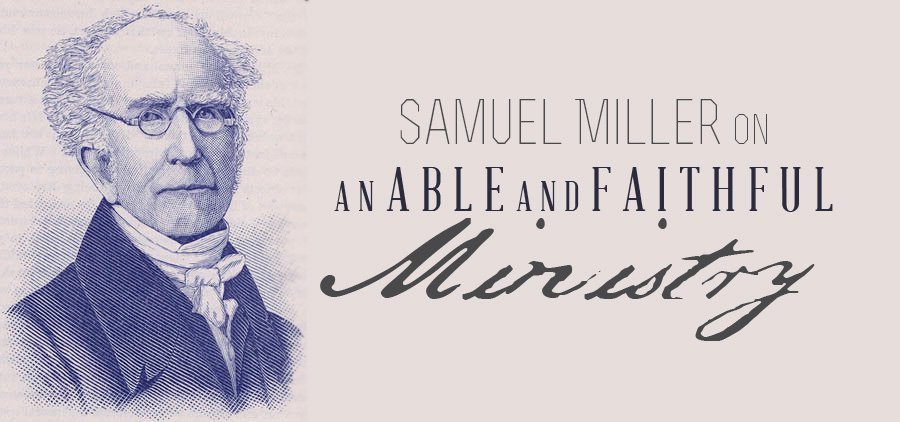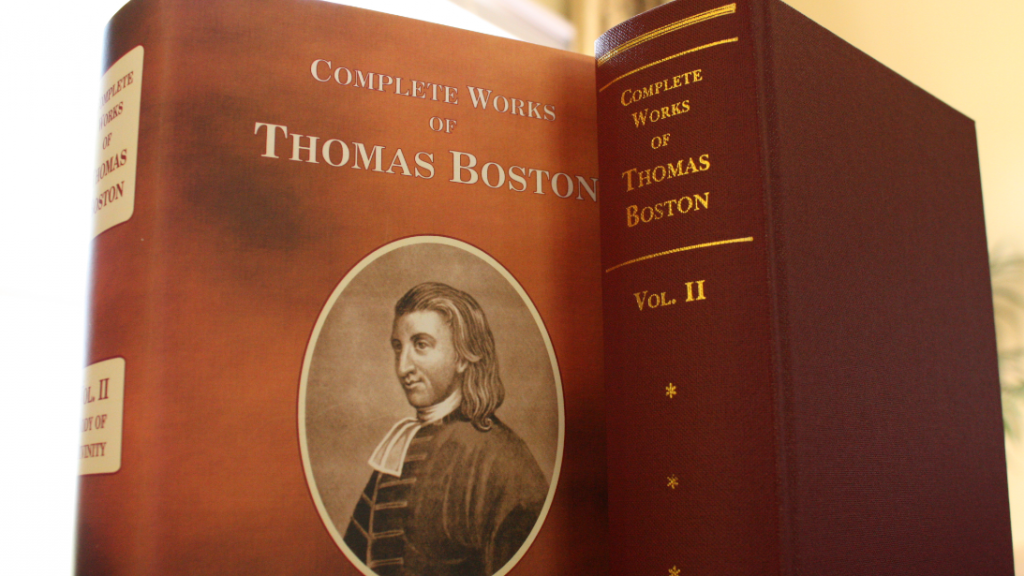I love to read. By God’s grace I am a pretty fast reader; I usually read a couple books each week. I find it helpful to summarize my thoughts on each book and I offer those thoughts in the hope that you will be encouraged to either read or pass over the given title.
 Andrew Bonar: Life and Diary.I recently reread Bonar’s edited volume on Robert Murray M’Cheyne and noticed on the dust jacket a commendation of Bonar’s own “Life and Remains.” The Church of England Newspaper proclaimed, “The whole volume is a devotional gem, far removed from the passing superficiality of many of its modern counterparts. Its very profundity and realism will help a disheartened Christian and revive the weary ministry.” I can testify to such sentiment. God used this window into Bonar’s soul mightily in my life. Like his great friend M’Cheyne, Bonar was convinced that “it is not great talents God blesses so much as great likeness to Jesus” and that “unholiness lies at the root of our little success.” Bonar has taught me much about humility, self-denial, and the primary of holy prayer. These are lessons I need to relearn daily and so I expect drink from Bonar’s diary with great frequency.
Andrew Bonar: Life and Diary.I recently reread Bonar’s edited volume on Robert Murray M’Cheyne and noticed on the dust jacket a commendation of Bonar’s own “Life and Remains.” The Church of England Newspaper proclaimed, “The whole volume is a devotional gem, far removed from the passing superficiality of many of its modern counterparts. Its very profundity and realism will help a disheartened Christian and revive the weary ministry.” I can testify to such sentiment. God used this window into Bonar’s soul mightily in my life. Like his great friend M’Cheyne, Bonar was convinced that “it is not great talents God blesses so much as great likeness to Jesus” and that “unholiness lies at the root of our little success.” Bonar has taught me much about humility, self-denial, and the primary of holy prayer. These are lessons I need to relearn daily and so I expect drink from Bonar’s diary with great frequency.
 The Soul-Winner: Advice on Effective Evangelism by Spurgeon. The Prince of Preachers would surely be at, or near, the top of any list ranking church history’s most effective evangelists. Winning souls was his passion and this volume aims to instill that passion in every Christian. The first six chapters contain lectures to his Pastor’s College students and these will be most valuable to pastors. The rest of the volume consists of various addresses or sermons on the titular topic delivered to Sunday-school teachers, open-air preachers, and church members of the Tabernacle. Spurgeon sparkles with typical pithiness and sound wisdom, and the two chapters on “Qualifications for Soul-Winning” ought to be required reading for every church leader. Highly recommended!
The Soul-Winner: Advice on Effective Evangelism by Spurgeon. The Prince of Preachers would surely be at, or near, the top of any list ranking church history’s most effective evangelists. Winning souls was his passion and this volume aims to instill that passion in every Christian. The first six chapters contain lectures to his Pastor’s College students and these will be most valuable to pastors. The rest of the volume consists of various addresses or sermons on the titular topic delivered to Sunday-school teachers, open-air preachers, and church members of the Tabernacle. Spurgeon sparkles with typical pithiness and sound wisdom, and the two chapters on “Qualifications for Soul-Winning” ought to be required reading for every church leader. Highly recommended!
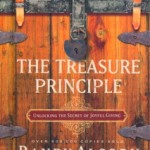 The Treasure Principle by Randy Alcorn. Alcorn’s thesis is simple when it comes to money: “You can’t take it with you, but you can send it on ahead.” It’s all built on Matthew 13:44 and the man who finds a treasure hidden in a field and, in his joy, sells everything he has to purchase the field. So the book is simple and biblical. To those we must add, “Wise.” Over and over Alcorn deposits little nuggets of wisdom into the souls of his readers, such as, “My heart always goes where I put God’s money,” and, “Giving is the only antidote to materialism.” Not many “bestsellers” of the last decade are worth your investment, but The Treasure Principle is one of the few. I imagine every penny you spend on it will cause many more to stretch into eternity.
The Treasure Principle by Randy Alcorn. Alcorn’s thesis is simple when it comes to money: “You can’t take it with you, but you can send it on ahead.” It’s all built on Matthew 13:44 and the man who finds a treasure hidden in a field and, in his joy, sells everything he has to purchase the field. So the book is simple and biblical. To those we must add, “Wise.” Over and over Alcorn deposits little nuggets of wisdom into the souls of his readers, such as, “My heart always goes where I put God’s money,” and, “Giving is the only antidote to materialism.” Not many “bestsellers” of the last decade are worth your investment, but The Treasure Principle is one of the few. I imagine every penny you spend on it will cause many more to stretch into eternity.
 The Silkworm by Robert Galbraith. JK Rowling returns to detective work under her chosen pseudonym of Robert Galbraith. Just over one year ago Rowling introduced readers to Cormoran Strike, a private investigator who prowls the streets of London with tenacity and skill, in The Cuckoo’s Calling. That delightful page-tuner was made all the more interesting in that the reader was able to sense something of Rowling’s inner thoughts on celebrity and fame, as the novel’s central victim was a world renown model. The Silkworm is a satisfying continuation of the Srike series; the pages fly and this time we hear Rowling’s thoughts on authors and publishing. One Leonora Quine calls on Strike to find her husband, a somewhat famous author, whose gone missing. Owen Quine eventually turns up as the victim of a grotesque murder and Strike moves to ensuring the Mrs. Quine isn’t wrongly accused as his murderer. Quine’s last – and unpublished – work, Bombyx Mori, holds the all clues to his death. The ensuing investigation is engrossing.
The Silkworm by Robert Galbraith. JK Rowling returns to detective work under her chosen pseudonym of Robert Galbraith. Just over one year ago Rowling introduced readers to Cormoran Strike, a private investigator who prowls the streets of London with tenacity and skill, in The Cuckoo’s Calling. That delightful page-tuner was made all the more interesting in that the reader was able to sense something of Rowling’s inner thoughts on celebrity and fame, as the novel’s central victim was a world renown model. The Silkworm is a satisfying continuation of the Srike series; the pages fly and this time we hear Rowling’s thoughts on authors and publishing. One Leonora Quine calls on Strike to find her husband, a somewhat famous author, whose gone missing. Owen Quine eventually turns up as the victim of a grotesque murder and Strike moves to ensuring the Mrs. Quine isn’t wrongly accused as his murderer. Quine’s last – and unpublished – work, Bombyx Mori, holds the all clues to his death. The ensuing investigation is engrossing.
The book is longer than it needs to be and the ending is anticlimactic, yet Rowling succeeds with aplomb in matters of character development and nuanced perspective. The Strike series will supposedly stretch to seven novels and I am eager for the third to drop.
 The Shadow of the Wind by Carlos Ruiz Zafon. I can’t remember the last fiction book I read that was as impressive a read as The Shadow of the Wind. The book begins in 1945 in Barcelona as a young boy named Daniel journeys to The Cemetary of Forgotten Books with his bookseller father. Daniel eventually chooses – mostly for its attractive binding – the eponymously titled ”The Shadow of the Wind,” by an obscure Spanish writer, Julián Carax. And little Daniel’s life changes forever. As one review says, “The main story is too zestfully convoluted to set out in any detail and allow space for the lush side stories that weave through it.” Suffice it to say, Daniel’s subsequent search for Carax is like a lovely Matryoshka doll filled with thrillingly tragedies and alluring victories. Although I uncovered the book’s twist almost from the outset, Zafon kept my attention with the dialogue – oh, the dialogue! The conversations regularly sing with almost perfect pitch. Stephen King sums it all up quite well, “This is one gorgeous read.”
The Shadow of the Wind by Carlos Ruiz Zafon. I can’t remember the last fiction book I read that was as impressive a read as The Shadow of the Wind. The book begins in 1945 in Barcelona as a young boy named Daniel journeys to The Cemetary of Forgotten Books with his bookseller father. Daniel eventually chooses – mostly for its attractive binding – the eponymously titled ”The Shadow of the Wind,” by an obscure Spanish writer, Julián Carax. And little Daniel’s life changes forever. As one review says, “The main story is too zestfully convoluted to set out in any detail and allow space for the lush side stories that weave through it.” Suffice it to say, Daniel’s subsequent search for Carax is like a lovely Matryoshka doll filled with thrillingly tragedies and alluring victories. Although I uncovered the book’s twist almost from the outset, Zafon kept my attention with the dialogue – oh, the dialogue! The conversations regularly sing with almost perfect pitch. Stephen King sums it all up quite well, “This is one gorgeous read.”
Tolle lege!
Click here to find other entries in the Recent Reads series.

